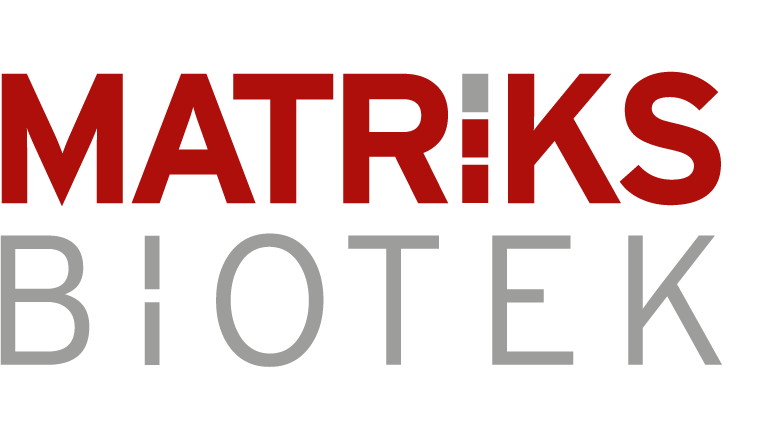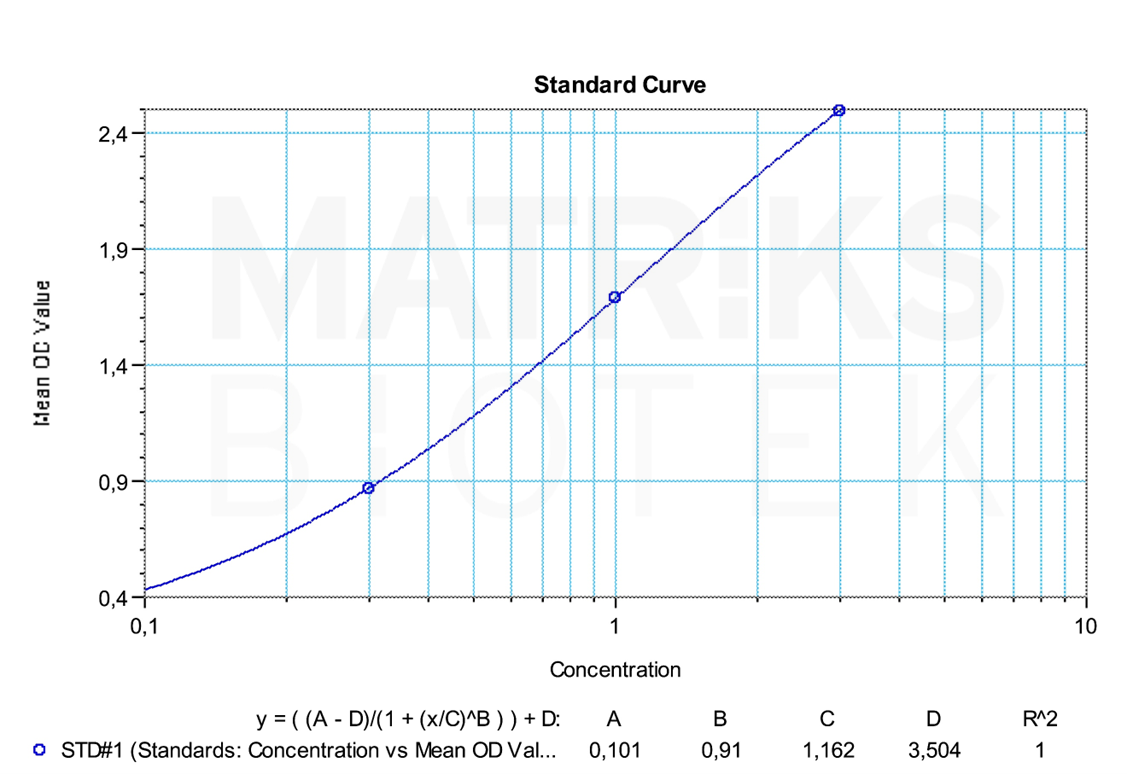Golimumab is a human IgG1κ monoclonal antibody developed by immunizing genetically engineered mice with human tumor necrosis factor alpha (TNFα). As a TNFα inhibitor, golimumab functions by binding to both the soluble and transmembrane forms of TNFα, a cytokine involved in systemic inflammation. This binding prevents TNFα from interacting with its receptors, effectively reducing leukocyte infiltration and suppressing the expression of cell adhesion proteins like E-selectin, ICAM-1, and VCAM-1. It also decreases the production of pro-inflammatory cytokines such as IL-6, IL-8, G-CSF, and GM-CSF.
Clinically, golimumab is used to treat patients with chronic inflammatory conditions, such as rheumatoid arthritis, psoriatic arthritis, and ulcerative colitis. In clinical studies, it has been shown to reduce biomarkers of inflammation, including ICAM-1, IL-6, C-reactive protein (CRP), MMP-3, and VEGF. These reductions indicate decreased inflammatory activity and support its utility in managing autoimmune and inflammatory diseases.
In research settings, golimumab serves as both a therapeutic agent and a biomarker target for studying immune modulation and cytokine signaling pathways. Its measurable pharmacokinetics and immune response profile also make it a candidate for therapeutic drug monitoring (TDM), especially in patients at risk of developing antidrug antibodies (ADAs), which can impact drug efficacy and safety.
This product is manufactured in Turkey by Matriks Biotek.


